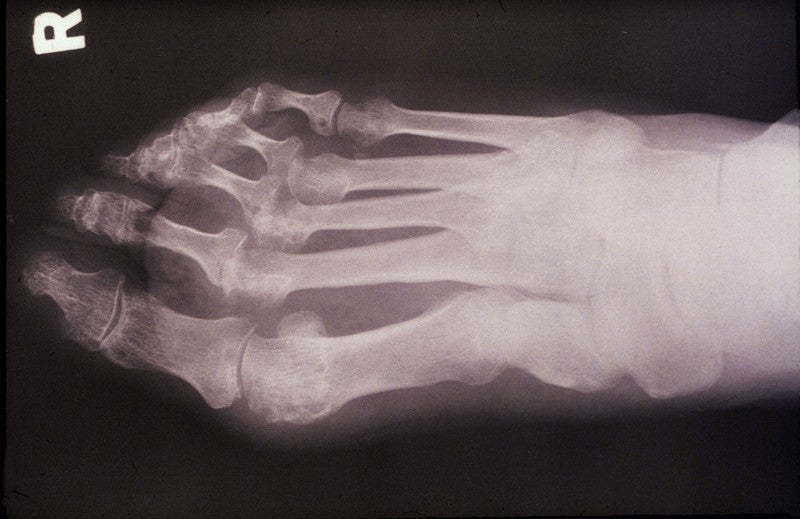
Amgen and Allergan have reported positive top-line results from a Phase I/III trial of ABP 798 in comparison with rituximab for the treatment of patients with moderate-to-severe rheumatoid arthritis.
ABP 798 is currently being studied as a biosimilar candidate to Rituxan (rituximab), a CD20-directed cytolytic antibody that is approved in various regions for the treatment of moderate-to-severe rheumatoid arthritis and other conditions.

Discover B2B Marketing That Performs
Combine business intelligence and editorial excellence to reach engaged professionals across 36 leading media platforms.
The newly published data showed that the trial met its primary objective of pharmacokinetic (PK) similarity.
Pre-defined equivalence in efficacy was also established and a positive safety profile was achieved.
Amgen Research and Development executive vice-president said: “Results from this study show pharmacokinetic and clinical equivalence between ABP 798 and rituximab, further demonstrating Amgen’s commitment to providing patients with access to high-quality, biological therapies.”
The 48-week long trial included a randomised, double-blind design.

US Tariffs are shifting - will you react or anticipate?
Don’t let policy changes catch you off guard. Stay proactive with real-time data and expert analysis.
By GlobalDataDuring the trial, 311 patients were enrolled and randomised in 1:1:1 ratio to receive either ABP 798, rituximab sourced from the US, or rituximab sourced from the EU.
The study drugs were administered as an intravenous (IV) infusion at baseline and then at week 24.
Of the enrolled patients, 104 were randomised to the ABP 798 group, 103 were assigned to the rituximab US group and 104 patients were included in the rituximab EU group.
The trial’s primary PK objectives were area under the serum concentration–time curve (AUC) and maximum serum concentration (Cmax).
The efficacy objective was measured by Disease Activity Score 28-joint count C reactive protein (DAS28-CRP) change from baseline at week 24.





